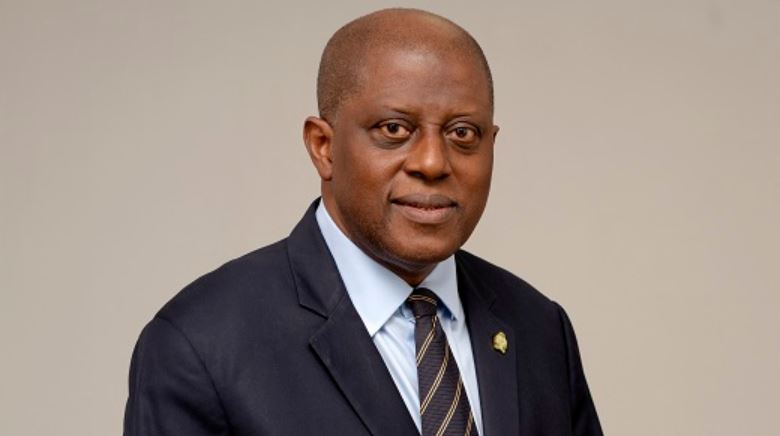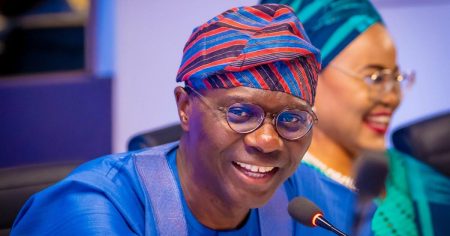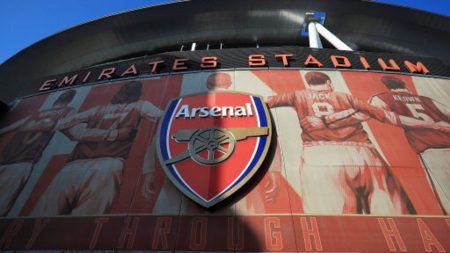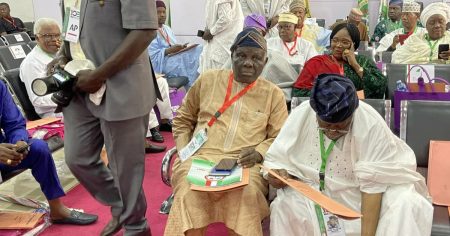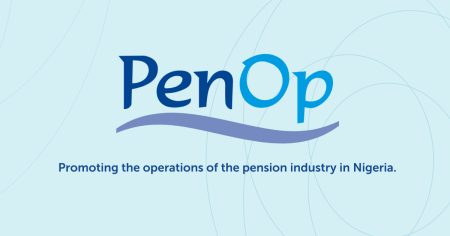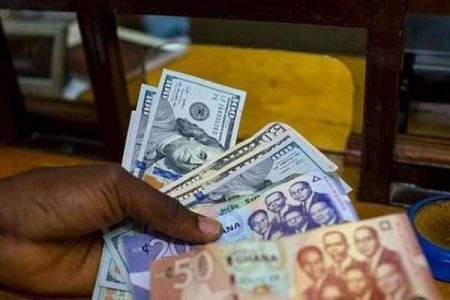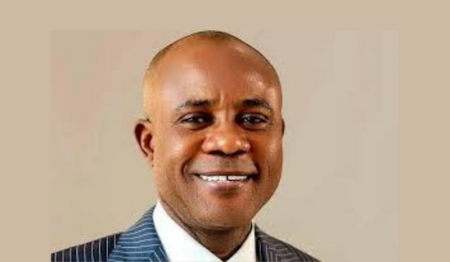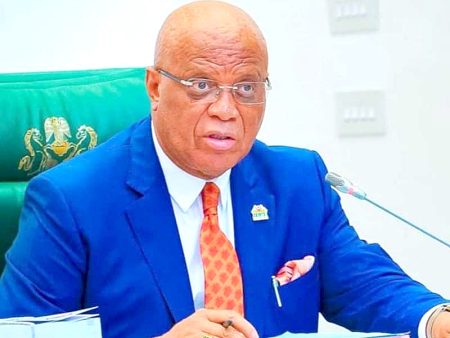Paragraph 1: Nigeria’s Monetary Policy Committee Holds Benchmark Rates Steady
The Central Bank of Nigeria’s Monetary Policy Committee (MPC) decided to maintain its benchmark interest rate at 27.50% in its July meeting. This decision was driven by the need to consolidate the disinflationary trend and control inflationary pressures, despite some calls for a rate cut to stimulate the real sector. The MPC acknowledged the continued high inflation rate of 22.22% in June, but emphasized that it was the third consecutive decline, attributed to forex stability and stable energy prices. The committee maintained other key rates, including the asymmetric corridor, Cash Reserve Ratio, and Liquidity Ratio, signaling a commitment to a cautious approach. The MPC committed to ongoing assessment of economic conditions to inform future policy decisions.
Paragraph 2: Positive Market Reactions and Early Signs of Economic Improvement
Financial analysts responded positively to the MPC’s decision, anticipating that it would contribute to stability in the foreign exchange market and further curb inflation. They predicted that the stable monetary policy would support real sector growth by creating a more predictable FX environment and fostering investor confidence. Early signs of this positive impact were already visible: the naira strengthened marginally at the official forex market, and short-term borrowing rates (Open Buy Back and Overnight rates) declined due to improved liquidity. The Chairman of the Presidential Fiscal Policy and Tax Reforms Committee, Taiwo Oyedele, highlighted the positive developments in the forex market, including the clearing of a $7 billion forex backlog and a significant increase in external reserves. While acknowledging the persistent challenge of high-interest rates, he noted that the overall economic picture was improving.
Paragraph 3: Strengthening Macroeconomic Indicators and Growing Investor Confidence
Nigeria’s macroeconomic indicators have shown encouraging progress. The GDP grew by 3.13% year-on-year in the first quarter of 2025, exceeding the previous year’s performance. The balance of payments swung to a surplus of $6.83 billion in 2024, reversing the deficits of the preceding two years. The Purchasing Managers’ Index indicated expansion across all major sectors, reflecting broad-based economic activity. Foreign investor inflows surged significantly, reaching $2.73 billion in June, primarily driven by renewed confidence in the Nigerian economy. This increased investor interest further reinforced the stability of the foreign exchange market, reducing the need for CBN interventions.
Paragraph 4: Central Bank Initiatives to Boost Dollar Inflows and Stabilize the Naira
The Central Bank of Nigeria, under Governor Olayemi Cardoso, has implemented various strategies to attract more foreign exchange. Key among these are initiatives to enhance diaspora remittances, a significant source of dollar inflows estimated at $23 billion annually. By developing new products, licensing new International Money Transfer Operators (IMTOs), and ensuring timely access to naira liquidity for IMTOs, the CBN has streamlined the channels for dollar inflows. These efforts have contributed to the growth of foreign reserves and the stabilization of the naira. The CBN aims to double formal remittance receipts within a year, demonstrating a commitment to leveraging this crucial source of foreign exchange. The improved dollar liquidity has also facilitated the repatriation of funds by foreign investors and airlines, further bolstering market confidence.
Paragraph 5: Positive Impact on Crude Oil Production and Import Costs
Nigeria’s crude oil production experienced a notable uptick, reaching a daily average of 1.5 million barrels per day in June 2025, contributing to increased revenue from oil exports. This positive trend in oil production, combined with stable global oil prices, supports the expectation of continued stability in transportation costs. Furthermore, the strengthening naira has played a crucial role in mitigating the impact of higher imported fuel prices. As the naira appreciates, import costs are expected to decline significantly, providing relief for businesses and consumers. This is particularly relevant given that import expenses, including duties and taxes, are calculated based on the CIF value, which is influenced by exchange rate fluctuations. The improved exchange rate environment is also making Nigeria more attractive to foreign investors, further contributing to positive economic momentum.
Paragraph 6: Cautious Optimism and Future Outlook
The confluence of positive factors, including moderating inflation, rising foreign reserves, improved FX liquidity, and a narrowing exchange rate gap, has generated cautious optimism about Nigeria’s economic prospects. Analysts project a continued decline in inflation, supported by the rebasing of the Consumer Price Index and stable petroleum product prices. While acknowledging the potential divergence between official inflation figures and the reality faced by consumers, they anticipate a downward trend. The sustained strength of the naira is expected to further reduce import costs, particularly for food and beverages, a significant component of Nigeria’s import bill. Going forward, the CBN’s commitment to deepening reforms, attracting foreign investment, and managing inflationary pressures will be crucial in sustaining the current positive trajectory and ensuring long-term economic stability. However, challenges such as high-interest rates remain, requiring careful monitoring and policy adjustments.





